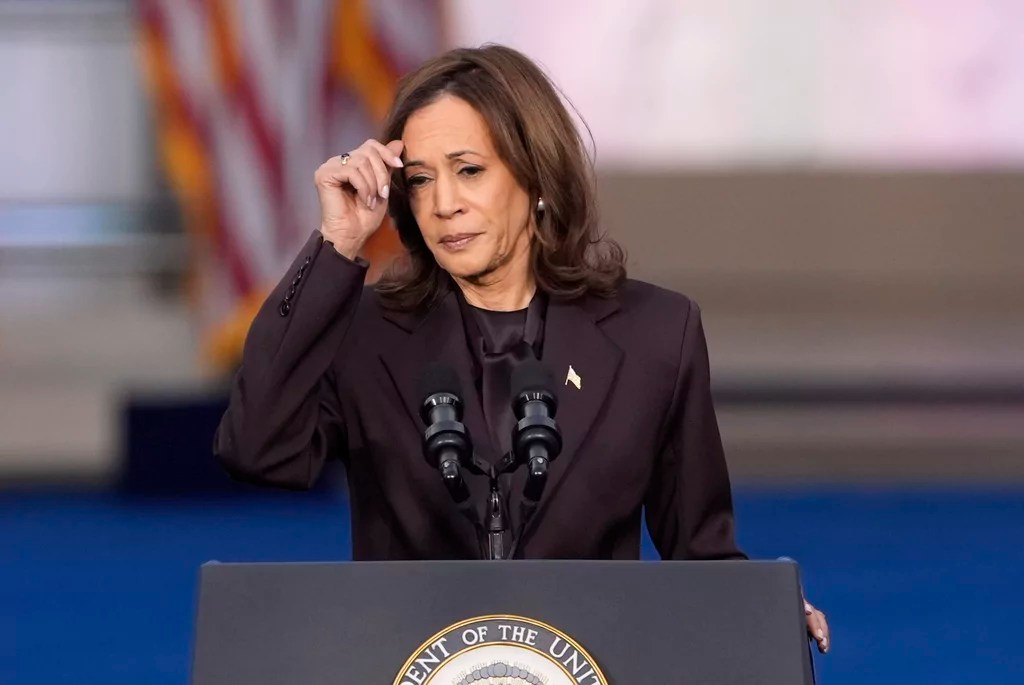Protesters swarm US Embassy in Beirut over Gaza hospital bombing.
Thousands of Demonstrators Converge on U.S. Embassy in Beirut
Amidst the aftermath of a bomb or missile strike on a Christian Gaza hospital, a wave of anti-United States protesters flooded the streets of Beirut, heading straight for the U.S. embassy. The explosion at the Ahli Arab Hospital in Gaza City sparked a blame game between Israel and Palestinian authorities, with the Muslim world siding against Israel and pointing fingers at the U.S. as well. The tension reached its peak as thousands of protesters, armed with Palestinian, Lebanese, and Hamas flags, surrounded the embassy, engaging in clashes with the police.
Video footage circulating on social media captured the sheer magnitude of the protest, with a sea of vehicles congesting the roads leading to the embassy. The protesters even managed to hoist a Palestinian flag over the embassy complex, symbolizing their defiance. In a disturbing turn of events, another video showed parts of the embassy complex set ablaze by the demonstrators.
Despite the chaos, Lebanese authorities intervened swiftly, employing water cannons and tear gas to prevent the protesters from breaching the heavily fortified embassy. Journalists from Al Jazeera were on the scene, documenting the mayhem as the protesters vented their anger towards the U.S., holding it responsible for the hospital explosion due to its unwavering support.
As frustration grew among the protesters unable to breach the American Embassy, reports emerged of their fury being redirected towards the French Embassy. The situation escalated rapidly, prompting the State Department to issue a Level 4 “Do Not Travel” advisory for Lebanon.
Hezbollah Blames Israel and the U.S. for the Hospital Bombing
In a scathing statement condemning the hospital bombing, Hezbollah placed the blame squarely on the “criminal Zionist gangs,” despite Tel Aviv vehemently denying any involvement. The incident was deemed a continuation of past massacres, such as the infamous Sabra and Shatilla massacre during the 1982 Israeli invasion of Lebanon. Hezbollah further condemned the United States as Israel’s “evil patron and greatest criminal,” holding it fully accountable for the tragedy.
Hezbollah called upon all Muslims to take to the streets, declaring Wednesday a “day of unprecedented anger” against the enemy and criticizing President Biden’s trip to Israel as an attempt to shield the criminal actions. Meanwhile, the Biden administration aligned itself with Israel’s explanation for the hospital explosion, and President Biden expressed his condolences to the victims. However, a planned meeting with Palestinian President Mahmoud Abbas was canceled after Abbas announced his decision not to attend due to the incident.
Responding to the hospital bombing, violent protests erupted in various countries, including Turkey, Jordan, Spain, Iraq, Egypt, Syria, and the West Bank.
Click here for more from The Washington Examiner.
What actions should be taken by governments and international organizations to address the long-standing grievances and tensions in the Israeli-Palestinian conflict
Orities managed to dispatch additional security forces to the area in an attempt to restore order. Riot police deployed tear gas and water cannons in an effort to disperse the crowd. The clashes between the protesters and the police resulted in injuries on both sides, further escalating the tense situation.
The demonstration, which started peacefully, quickly turned violent as anger and frustration intensified among the protesters. It is important to note that this outpouring of anger was not solely directed towards the United States but was also fueled by a deep-seated resentment towards the Israeli government. Many in the Muslim world view the U.S. as a staunch ally of Israel, and therefore, hold it responsible for the actions of the Israeli government.
This incident highlights the complexity of the political landscape in the Middle East and the deep-seated grievances that continue to simmer in the region. The Israeli-Palestinian conflict has long been a source of tension and instability, and this recent strike on a Gaza hospital has only further deepened the animosity between the two sides.
As the protests in Beirut continue to escalate, it is crucial for all parties involved to exercise restraint and find peaceful means to address their grievances. It is imperative that governments and international organizations promote dialogue and work towards a long-term solution to the Israeli-Palestinian conflict. Only through sincere efforts towards peace and understanding can we hope to break this cycle of violence and achieve stability in the region.
In the aftermath of this incident, it is also important for the United States to carefully assess its foreign policy approach in the Middle East. The perception among many in the Muslim world that the U.S. is unquestioningly supportive of Israel has only fueled anti-American sentiment and contributed to the growing divide between the people of the region and the United States.
In conclusion, the demonstration in Beirut, with thousands of protesters converging on the U.S. embassy, underscores the deep-rooted anger and frustration that exists in the Muslim world towards the U.S. and its perceived support of Israel. It is crucial for all parties involved to seek peaceful means to address their grievances and work towards a long-term solution to the Israeli-Palestinian conflict. The international community must also play a role in promoting dialogue and understanding in order to achieve lasting peace and stability in the region.
" Conservative News Daily does not always share or support the views and opinions expressed here; they are just those of the writer."





Now loading...